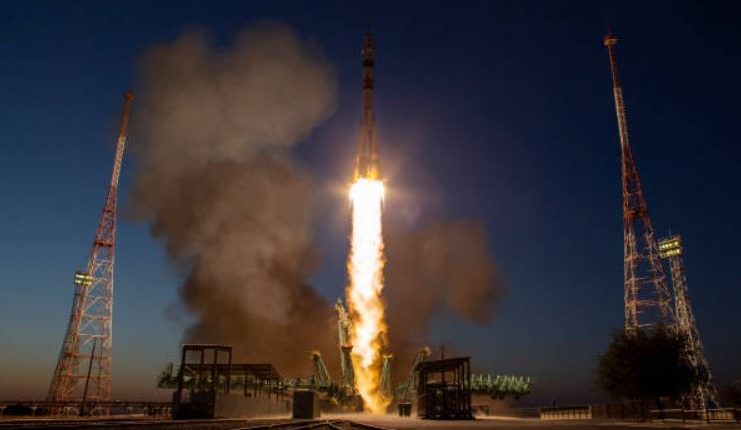NASA Receives Congressional Directive: Outpace China in Return to the Moon
NASA’s Artemis moon program is experiencing delays, prompting members of the US House of Representatives’ Committee on Science, Space and Technology to express apprehension.
Recently, NASA announced that Artemis 2, the mission set to send astronauts around the moon, is now targeted for September 2025, and Artemis 3, the mission to put boots on the lunar surface, is slated for September 2026.
Artemis Moon Program Faces Year-Long Delays Amid Technical Scrutiny
These dates represent delays of about a year for each flight, primarily due to the need for additional studies on key Artemis hardware, such as the heat shield of NASA’s Orion crew capsule.
Committee members, including Chairman Frank Lucas and Ranking Member Zoe Lofgren, voiced concerns about the slippage, emphasizing the global competition with China in lunar exploration.
China’s active efforts in lunar missions, including plans for a research station and human astronauts on the moon by 2030, add urgency to the race for lunar exploration leadership.
The potential consequences of coming in second in the new moon race were highlighted, with concerns about US national security and maintaining leadership in space technology. The Committee underscored the need to prevent China from surpassing the United States as a global leader in space by 2045.
During the hearing, witnesses discussed challenges facing the Artemis program, including an ambitious launch schedule, lack of transparency, and concerns about the overall cost. Acting inspector general George Scott highlighted that NASA has not provided a comprehensive estimate for all Artemis costs, making it challenging for Congress to make informed decisions about long-term funding needs.
NASA Insider Urges Course Correction

Former NASA administrator Mike Griffin criticized the Artemis program as excessively complex, unrealistically priced, compromising crew safety, and posing a high mission risk.
Griffin stressed the need for a program consistent with the theme of lunar exploration and suggested restarting the program rather than keeping it on track.
As NASA aims to overcome these challenges and continue its Artemis program, the discussions in Congress reflect the ongoing tension between the pursuit of lunar exploration goals and the complexities of managing such ambitious space missions.

